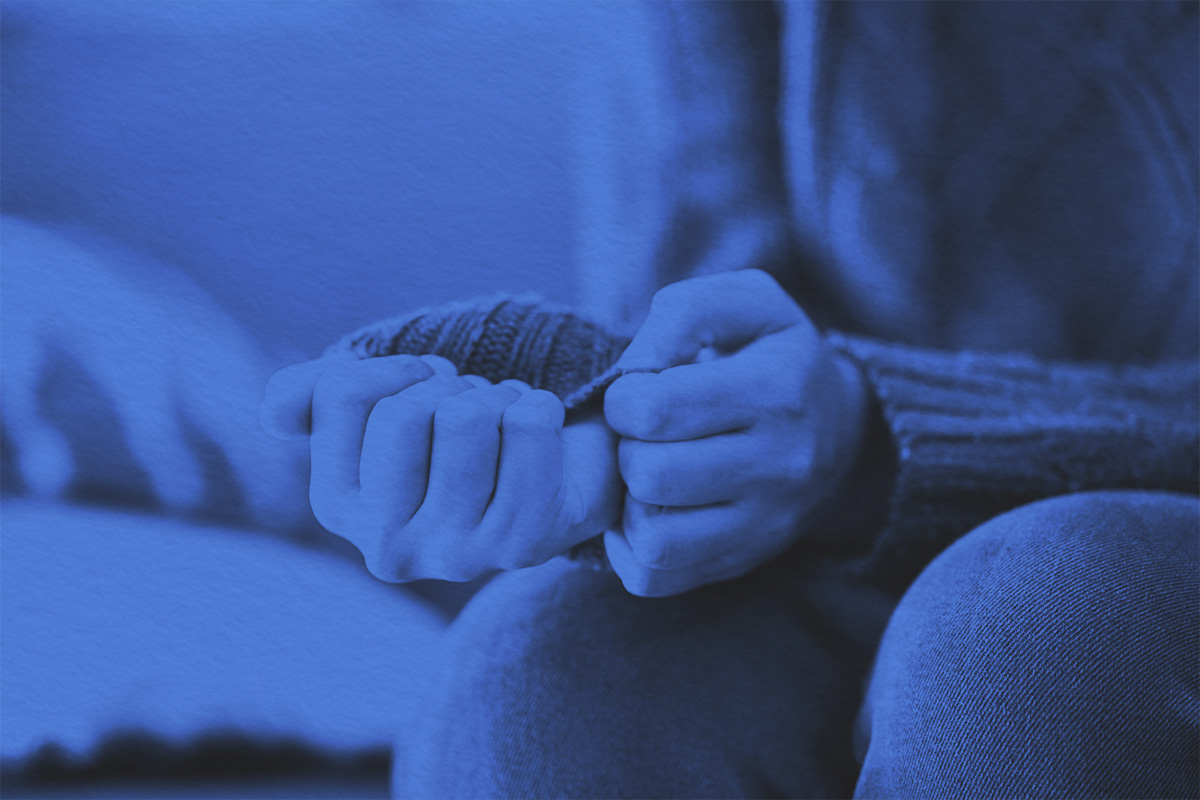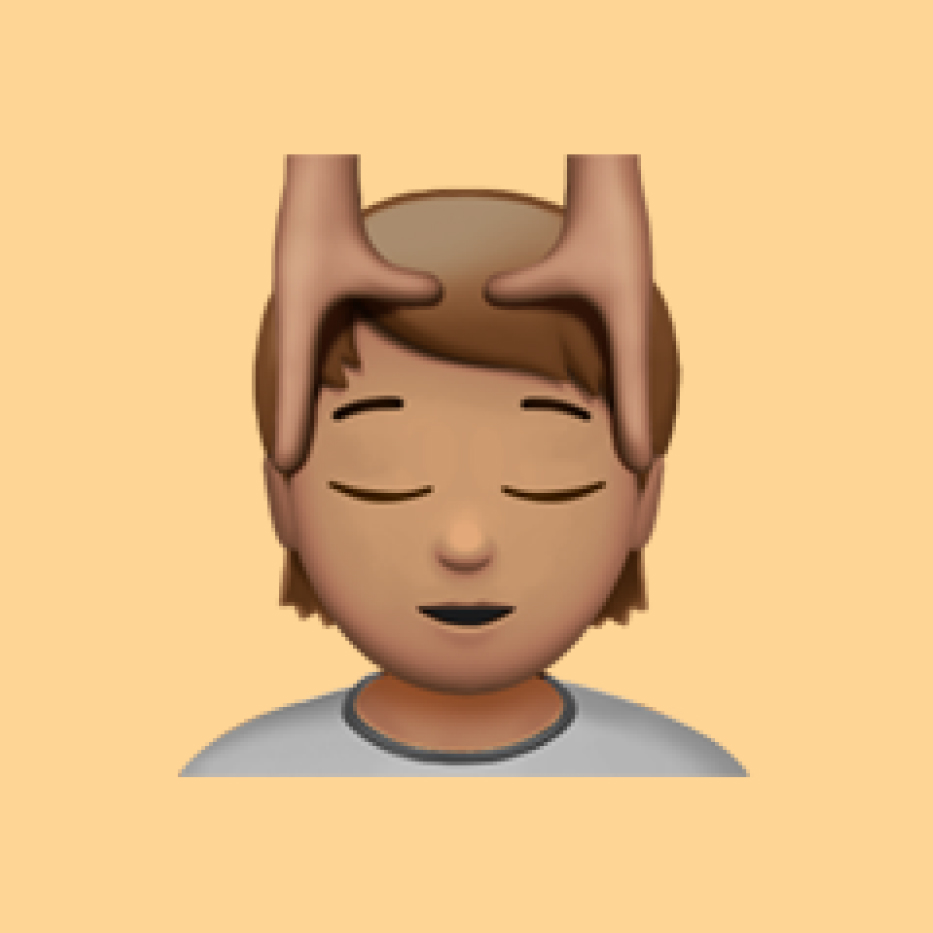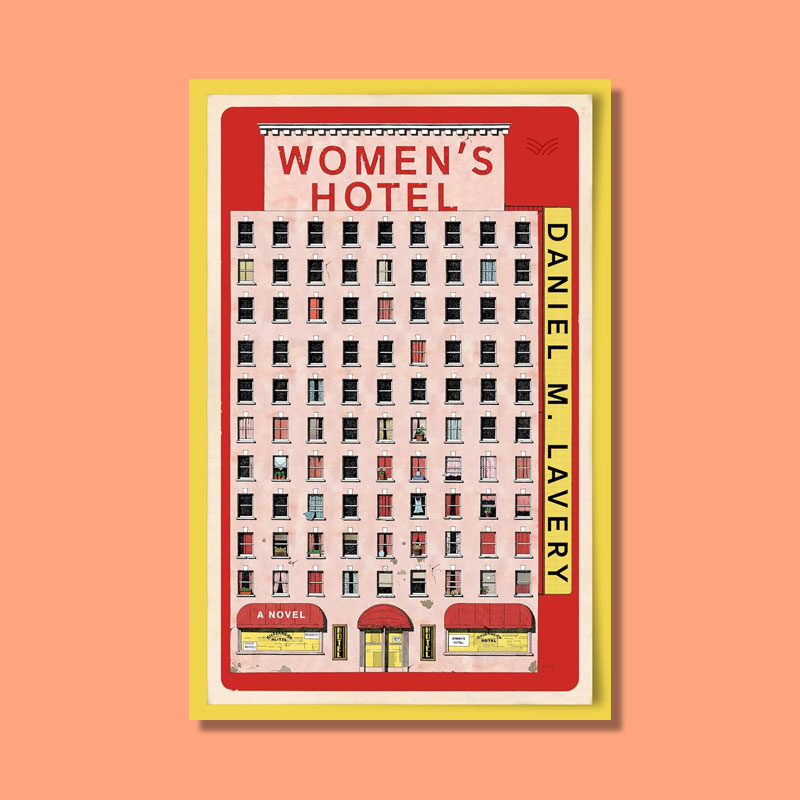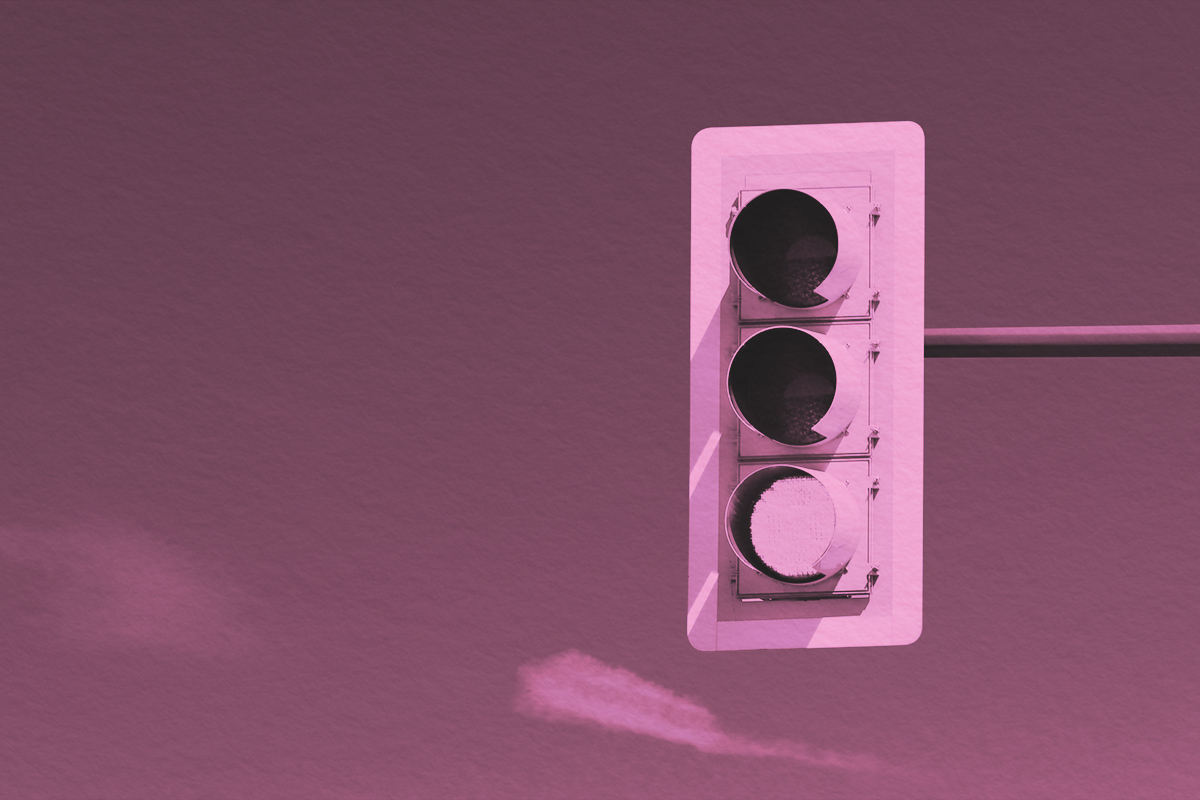Was "nervous Nellie" a real person? | | Do you know a nervous Nellie? If you're the anxious individual, take a deep breath. We have the backstory on the original Nellie. | |  | Bennett Kleinman |
|
| |  | | H umans have long been fascinated by mythical figures such as Bigfoot, the Loch Ness monster, and even Santa Claus. If you're familiar with the phrase "nervous Nellie," you may wonder if there's truth to Nellie's existence as well. Given there have been tens of thousands of Nellies throughout history, odds are any number of them struggled with anxiety. But was there one particular Nellie who was so apprehensive that she served as inspiration for this now-common phrase? The short answer is yes and no: The phrase was coined for a specific person, but their name wasn't Nellie.
The term "nervous Nellie," which Oxford English Dictionary defines as "an overly timid, cautious, or fearful person," dates back to the 1920s. When it was coined, it had nothing to do with a real "Nellie"; rather, it was a moniker given to Frank B. Kellogg, a former U.S. senator and secretary of state under President Calvin Coolidge. Kellogg was known for using extreme caution when making decisions, and in the early 1920s, several newspaper articles described him as a "nervous Nelly" or "Nellie." The unfortunate nickname became commonly used by those he worked with: A 1925 piece in the New York Herald Tribune described how Kellogg "was labeled 'nervous Nellie' by those who were irritated at his maneuvering during the League of Nations flight." So it was a combination of internal trepidation and his anxious physical tics that earned Kellogg this unique sobriquet.
But why "Nellie," out of all the possible names? "Nellie" was indeed a popular name at the time — it was in the top 100 U.S. girl names from the 19th century until 1925. People also love their alliteration, and the prevailing theory is that Nellie probably seemed like a perfect verbal pairing for "nervous." Thus, the phrase entered the common lexicon, and before long, "nervous Nellie" was used to describe anyone exhibiting timidity and caution. |
| | Continue reading | |  |
| |
| | Advertisers help keep Word Smarts free | |
Emoji Decoded | |  | | Face Massage | | | Meaning: Depicts a person receiving a face or head massage, representing relaxation and self-care.
Evolution: This was included in the original emoji set, but it now includes gender and skin tone variations. It's a popular symbol for spa days, stress relief, and wellness activities.
Usage: [Text after a long week:] Treating myself to a spa day this weekend 💆♀️ Lunch after? |
|
 | | Face Massage | | | Meaning: Depicts a person receiving a face or head massage, representing relaxation and self-care.
Evolution: This was included in the original emoji set, but it now includes gender and skin tone variations. It's a popular symbol for spa days, stress relief, and wellness activities.
Usage: [Text after a long week:] Treating myself to a spa day this weekend 💆♀️ Lunch after? |
|
| |
Have you read? | |  | | Women's Hotel | | By Daniel M. Lavery | | I've been a big fan of Lavery since way back when he founded the website The Toast and wrote the Dear Prudence advice column for several years, so I eagerly put his debut novel on my library holds. From reviews, I'm expecting "The Royal Tenenbaums" levels of character-study quirkiness. The Kirkus review said, "Readers will be hard-pressed not to read sections aloud to passersby." Looking forward to it. | | | | Jennifer A. Freeman, Word Smarts Senior Editor | | | | We independently evaluate all recommended products and services. If you click on links we provide, we may receive compensation. |
|
 | | Women's Hotel | | By Daniel M. Lavery | | I've been a big fan of Lavery since way back when he founded the website The Toast and wrote the Dear Prudence advice column for several years, so I eagerly put his debut novel on my library holds. From reviews, I'm expecting "The Royal Tenenbaums" levels of character-study quirkiness. The Kirkus review said, "Readers will be hard-pressed not to read sections aloud to passersby." Looking forward to it. | | | | Jennifer A. Freeman, Word Smarts Senior Editor | | | | We independently evaluate all recommended products and services. If you click on links we provide, we may receive compensation. |
|
| |
You might also like | |  | | | | Why Does Green Mean "Go"? | | Discover how the colors red, green, and yellow became the universal signals for stop, go, and caution, as we trace the origins back to 19th-century railroads and the science of light. |
| | | |
| | Advertisers help keep Word Smarts free | |
|

No comments:
Post a Comment